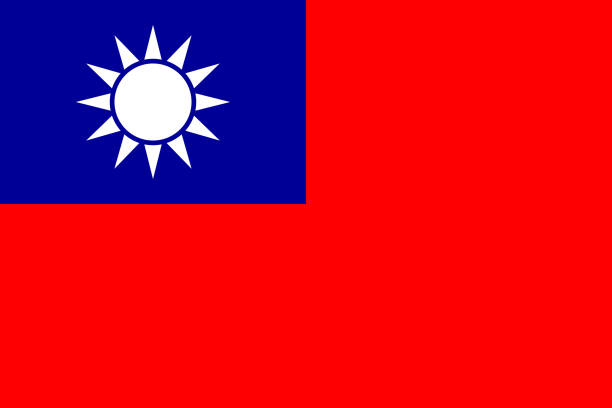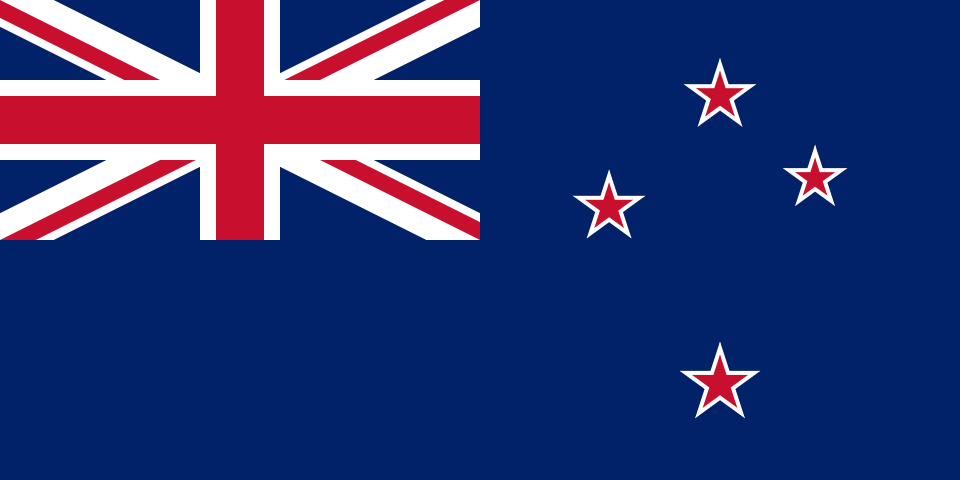Vietnam has become a rising star in Asia’s employment landscape, attracting global companies looking to expand operations or hire remote employees in a cost-effective and talent-rich environment. As Southeast Asia’s third-largest population and a rapidly growing tech and manufacturing hub, Vietnam offers significant opportunities for international companies. However, navigating the legal, cultural, and administrative aspects of hiring in Vietnam can be complex.
This guide will walk you through everything you need to know about hiring in Vietnam, from legal compliance to leveraging a Professional Employer Organization (PEO) or an Employer of Record (EOR) to streamline your hiring process.
Why Hire in Vietnam?
Vietnam’s labor market is increasingly appealing for foreign companies for several reasons:
- Skilled and Young Workforce: With a median age of around 32 years, Vietnam’s workforce is both young and increasingly well-educated, especially in sectors like software development, engineering, and digital marketing.
- Competitive Labor Costs: Salaries are considerably lower than in Western countries and even in regional peers like Singapore and South Korea.
- Stable Economic Growth: Vietnam has sustained a stable GDP growth rate of 6–7% annually, attracting global investment and encouraging talent retention.
- Business-Friendly Policies: The Vietnamese government continues to open up to foreign investment and trade, promoting outsourcing and hiring opportunities.
Legal Considerations for Hiring in Vietnam
Hiring in Vietnam comes with local legal responsibilities that foreign companies must comply with. These include:
Employment Contracts
Vietnamese labor law requires employment contracts to be in writing (except for contracts under 1 month). Contracts must include the following:
- Job title and description
- Work location
- Duration of the contract
- Working hours
- Salary and benefits
- Social insurance obligations
Work Permits
If your company is planning to relocate foreign talent into Vietnam, work permits are required for foreign employees who intend to work for more than three months. However, if your company wishes to hire remote employees based in Vietnam to work for a foreign entity, you will need to ensure local labor compliance without directly setting up a local branch or entity.
This is where a global employment solutions provider, such as an Employer of Record, becomes essential.
How an Employer of Record (EOR) Simplifies Hiring in Vietnam
One of the easiest and most efficient ways to hire remote employees in Vietnam without setting up a local subsidiary is by working with an Employer of Record (EOR). An EOR is a third-party organization that legally employs talent on your behalf, taking care of all employment responsibilities.
Benefits of Using an EOR in Vietnam:
- Local Compliance: An EOR ensures all employment contracts meet Vietnamese labor regulations.
- Faster Hiring: No need to set up a legal entity or register with government authorities.
- Payroll Outsourcing: Your EOR will manage all payroll and tax filings, helping you avoid penalties or compliance issues.
- Employee Benefits Management: The EOR handles mandatory contributions to social insurance, health insurance, and unemployment insurance.
- Risk Mitigation: They absorb liability for HR compliance and employment issues.
For global employers, this means reduced operational complexity, faster time-to-hire, and better scalability.
Payroll and Taxation in Vietnam
Understanding Vietnam’s payroll and tax system is key to hiring legally and ethically. Here’s a breakdown:
Personal Income Tax (PIT)
Vietnam uses a progressive tax system, with tax rates ranging from 5% to 35%. The employer must withhold and remit this tax monthly on behalf of employees.
Social Insurance Contributions
Vietnam mandates employers and employees to contribute to the following:
- Social Insurance (retirement, sickness, maternity): Employer pays 17.5%, employee pays 8%
- Health Insurance: Employer pays 3%, employee pays 1.5%
- Unemployment Insurance: Employer pays 1%, employee pays 1%
Employers must remit these contributions to Vietnam’s government agencies monthly. This process can be streamlined through a payroll outsourcing provider or a Professional Employer Organization (PEO).
Role of PEOs in Vietnam
A Professional Employer Organization (PEO) is similar to an EOR but operates slightly differently. In a PEO arrangement, the PEO co-employs your staff and shares employer responsibilities, but you must have a local business entity.
Foreign companies with a Vietnamese branch can partner with a PEO to handle:
- HR administration
- Compliance with local labor laws
- International payroll services
- Employee onboarding and offboarding
However, if you don’t have a registered entity in Vietnam, an Employer of Record is a better fit.
Hiring Remote Workers in Vietnam
Vietnam is becoming a hotspot for remote talent, especially in the fields of:
- Software Development
- Digital Marketing
- BPO and Customer Support
- Graphic Design
- Accounting and Finance
To hire remote employees from Vietnam, you must still comply with local labor laws—even if the employees are working from home or in another country. An EOR ensures that your remote team is hired legally and receives statutory benefits like health insurance and paid leave.
Employee Benefits in Vietnam
Legally mandated benefits in Vietnam include:
- Annual Leave: At least 12 days per year, increasing with seniority.
- Public Holidays: Approximately 11 days annually.
- Sick Leave: Based on years of social insurance contributions.
- Maternity/Paternity Leave: Paid through social insurance—mothers can take 6 months, fathers get up to 14 days.
A reliable Employer of Record or PEO will manage these benefits on your behalf, ensuring competitive packages to attract top talent.
Using Global Employment Solutions to Scale Quickly
Vietnam offers an ideal environment for business expansion, but compliance with local laws and HR processes can slow down growth if managed in-house. By partnering with a global employment solutions provider, companies can focus on core business operations while experts handle:
- International payroll services
- Tax compliance
- Employment contracts
- Benefits and insurance
- HR support
This model provides the flexibility to scale your team quickly without long-term investment in infrastructure.
Final Thoughts
Hiring in Vietnam presents a powerful opportunity for global employers seeking to tap into Southeast Asia’s growing talent pool. However, navigating the country’s legal, tax, and HR landscapes requires in-depth local knowledge.
Partnering with a reliable Employer of Record, PEO, or payroll outsourcing provider can streamline hiring, eliminate compliance risks, and help your business scale efficiently. Whether you’re looking to hire remote employees or build an in-country team, global employment solutions are your gateway to success in Vietnam.To learn how Team APAC can help you access top-tier talent in Vietnam through expert international payroll services and full-service EOR support, contact us today.








